Episode 18: Live from Detroit! Good People Empowering Youth at Risk
The Good People Fund visits with three of our change makers in Detroit. Each draws on intense personal journeys as they work to uplift and give hope to youth at risk – in a city once written off, but now benefiting from the creative visions of social entrepreneurs. Join Good People Fund Executive Director Naomi Eisenberger as she speaks with Sherelle Hogan, Founder of Pure Heart Foundation, David Silver, Founder of Detroit Horse Power, and Courtney Smith, Founder of Detroit Phoenix Center.





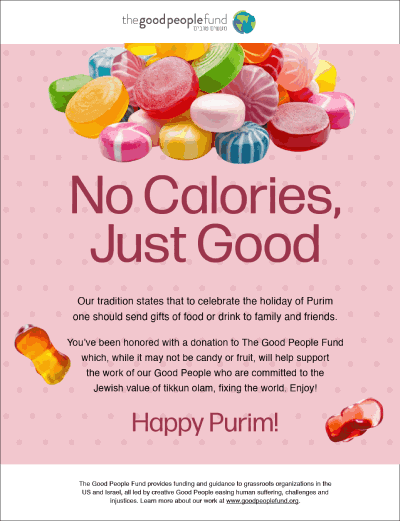
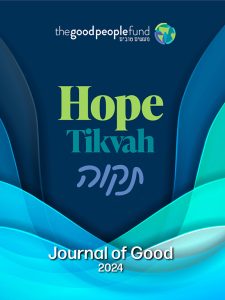
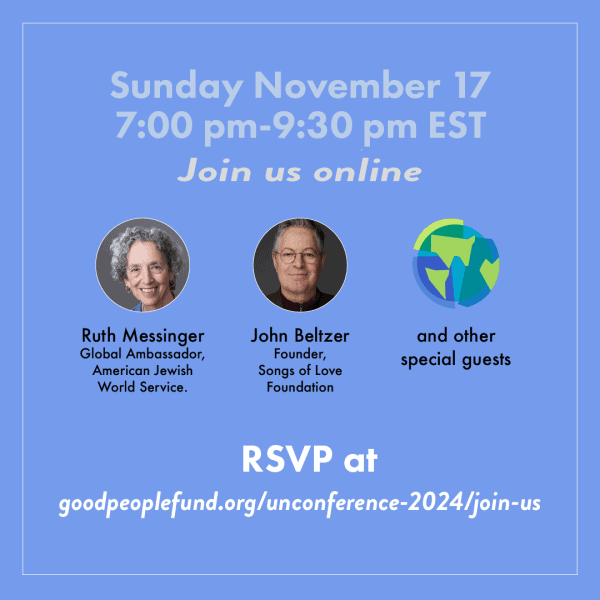


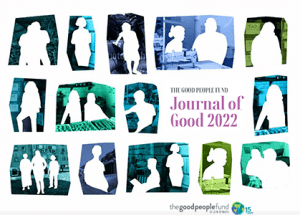
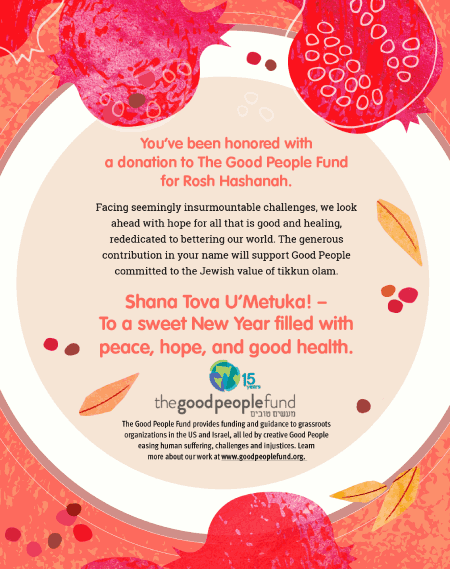
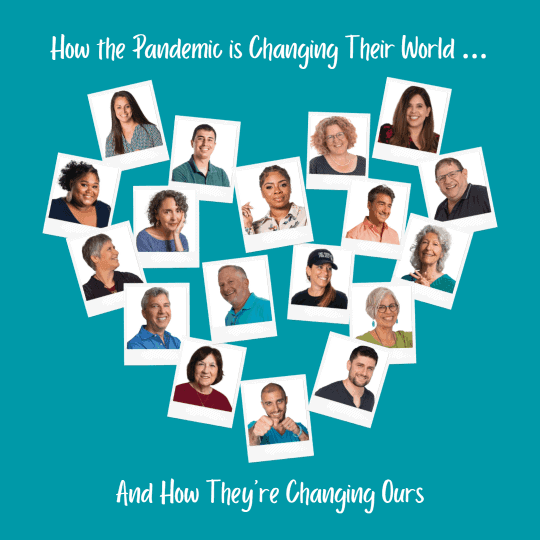
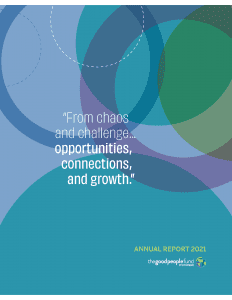
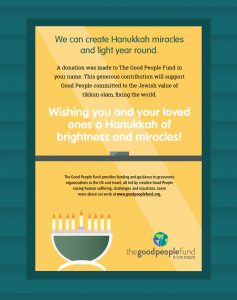
 We know you’re thinking beach, relaxation, barbecues and summer fun, but…
We know you’re thinking beach, relaxation, barbecues and summer fun, but…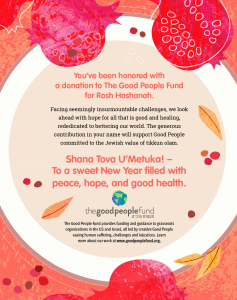
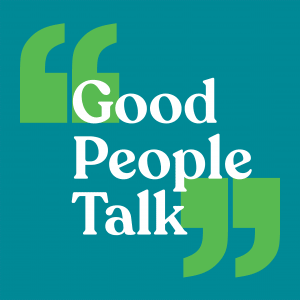
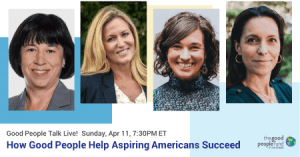
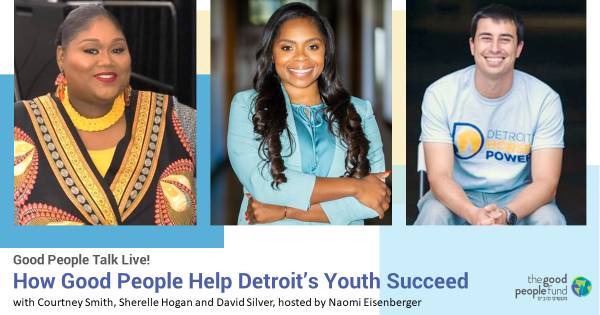
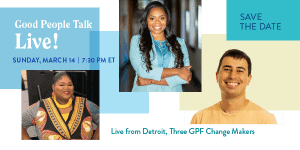
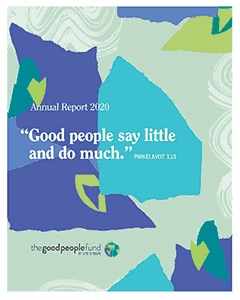 2020 Annual Report
2020 Annual Report